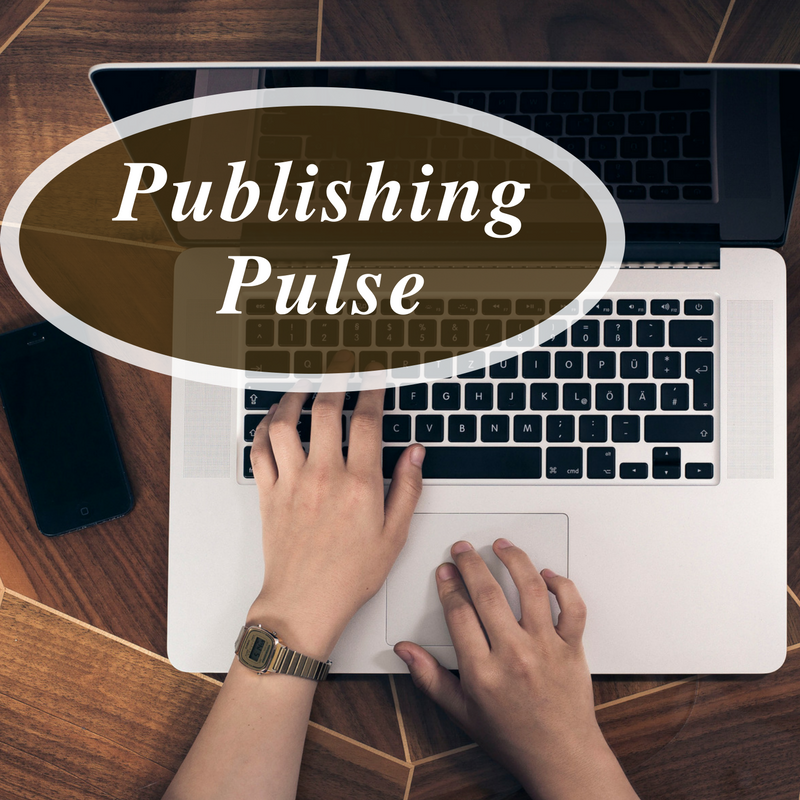I recently read some advice to self-published authors, to the effect that Lulu offers their clients a “free” ISBN—but it comes with a catch. The “free” ISBN means Lulu imprints their name on your book. I suppose the writer was bothered that Lulu was getting free advertising on their clients’ books, but I’m not entirely sure. (The advice was in the middle of an online self-publishing discussion, so you had to be there, I guess.)
The advice was good (a more succinct piece of advice is to stay away from Lulu altogether), but it served another function for me. It pointed out how much misunderstanding there is about the ISBN system among authors.
The International Standard Book Number (ISBN) is a system in the bookselling industry used to identify a specific book (a specific product, really; every edition of a book—hardcover, paperback, ebook, and so on—has a different ISBN). It’s the number built into the barcode on the back of a printed book. The cashier scans the barcode, the cash register looks up that specific book in its database, and the correct price is added to your bill. Everybody understands how that part of the system works.
What most people, including authors, don’t seem to understand is that the ISBN also identifies the publisher/publishing house—the person or company through which a distributor or retailer can obtain the book. The ISBN system in the US is managed by a company called Bowker. Publishers pay a fee to Bowker to have ISBNs assigned to that publishing house.
Bowker is the ONLY company in the US authorized to assign ISBNs, and they ONLY assign ISBNs to publishers/publishing houses. A publisher/publishing house cannot re-assign their ISBNs. So when a company other than Bowker tells you they will give you a “free” ISBN, or that you can “buy” an ISBN from them, they are not being accurate. What they are really saying is, they are going to publish your book through their publishing house. Distributors that look up your book with an ISBN will be told that the book is available through a specific publisher, because that ISBN is assigned to that publisher.
I’ve heard people try to connect the ISBN to copyright, by asking questions like, “This company put their ISBN on my book; have they stolen my copyright?” No. Nothing could be further from the truth. Remember, all an ISBN does is identify a specific edition of a book, and the publishing house that produced it. The copyright has nothing to do with it.
If you self-publish a book, and pay Bowker to assign an ISBN to you, you are effectively setting up your own publishing house. A publishing house is, by definition, an entity with one or more ISBNs assigned to it—nothing more or less.
Well, let me qualify that. A publishing house is, of course, an entity that publishes books, but one can assume that the books are published so that they can be sold. And to sell a book in today’s market it needs an ISBN — a number which identifies what book it is and what entity has published it.
A book cannot be distributed and sold commercially without an ISBN, and ISBNs are assigned only to publishing houses.
Do you want to deal with distributors and retailers about details of your book’s distribution and sale? If so, then pay Bowker a fee to assign you an ISBN, and become a publishing house. If not, then work with an established publishing house, whether it be traditional or subsidy (“self-publisher”), and let them worry over the details. Some of the issues that can arise are complicated and difficult—and dealing with those problems is a rather high price to pay just so you can say you “own” your ISBN!
David Fesseden has degrees in journalism and theology, and over 30 years of experience in writing and editing. He has served in editorial management positions for Christian book publishers and was regional editor for the largest Protestant weekly newspaper in the country.
Dave has published seven books, written hundreds of newspaper and magazine articles, and edited numerous books. He is a frequent speaker at writers’ conferences. Two of his books, Writing the Christian Nonfiction Book: Concept to Contract and A Christian Writer’s Guide to the Book Proposal, are based on his experience in Christian publishing. The Case of the Exploding Speakeasy, Dave’s first novel, reflects his love for history and for the Sherlock Holmes stories of Arthur Conan-Doyle.
Dave and his wife, Jacque, live in south-central Pennsylvania and have two adult sons.
Website: davefessenden.com
Literary Agent, WordWise Media Services
Publisher and Proprietor, Honeycomb House Publishing LLC





No Comments